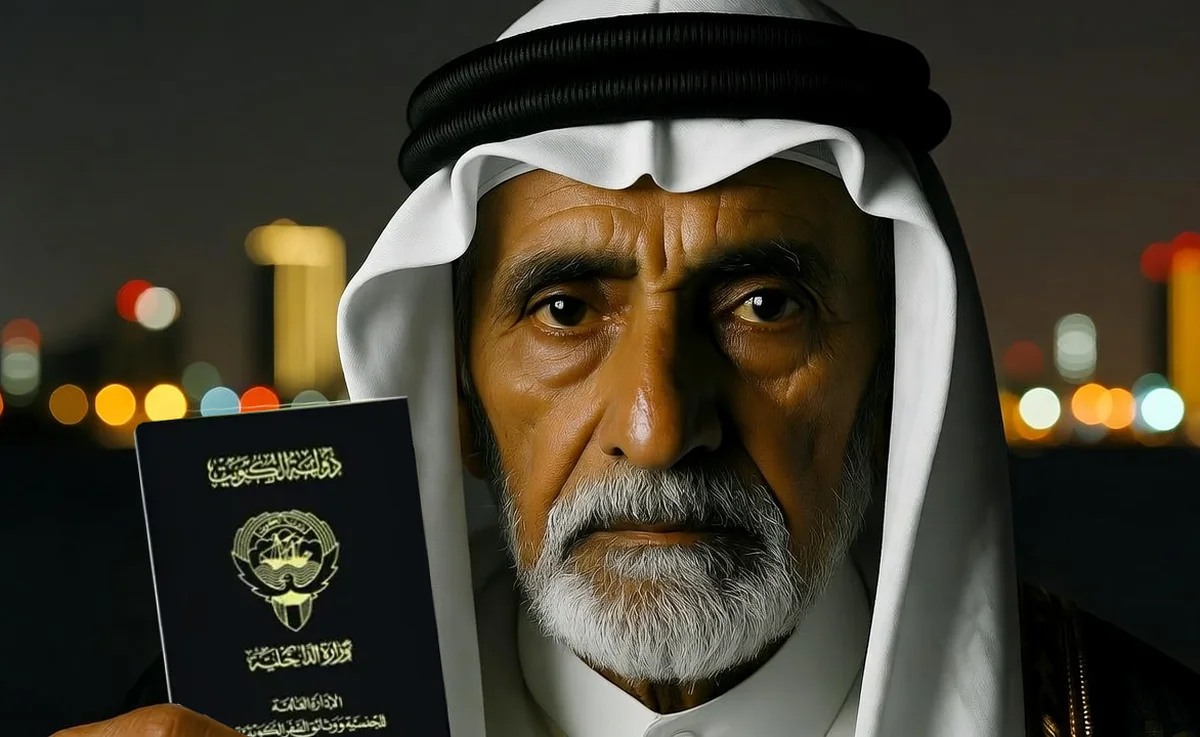30/10/2025
30/10/2025

KUWAIT CITY, Oct 30: In the corridors of Kuwait’s Supreme Committee for Citizenship Investigation, a long-forgotten case, buried under layers of bureaucracy since 2016, was suddenly brought back to life. What began years ago as a routine DNA verification spiraled into one of the most astonishing cases of identity forgery and deception in Kuwait’s citizenship history.
It started when a citizen, once beyond suspicion, was asked to undergo a DNA test after inconsistencies were spotted in his family file. The results shattered the illusion he had maintained for decades. Of the 36 children listed under his name, only 16 shared his genetic signature. The rest 20 individuals had no biological link to him. When confronted, the man confessed. What followed was a domino effect of revelations that exposed an intricate web of falsified identities, illegal registrations, and decades of deception.
Investigations began in 2016, when two Syrians revealed had been implicated in forgery on their file, and their citizenship was revoked at the time. However, the case remained stalled for years before being reopened after overcoming the political obstacles and complexities that had accompanied it, to complete the comprehensive review. Between 2016 and 2025, the authorities stripped 15 of these individuals of their Kuwaiti citizenship. Their removal rippled through entire family trees, affecting a staggering 953 dependents (children, grandchildren, and spouses) whose legal identities suddenly hung in limbo.
But the story didn’t end there. As the Committee delved deeper into the labyrinth of documents and DNA results, two new names emerged from the shadows — among the falsified children, one was already deceased, while the other had vanished into thin air. Records claimed he was still in Kuwait, yet investigators discovered he had slipped out of the country illegally, aided by a man who would soon find himself behind bars.
The irony was almost poetic. The man who orchestrated the fugitive’s escape was himself a child of forgery — his own father’s citizenship had been falsified years before. It was a cycle of deception that seemed to pass from one generation to the next.
With irrefutable DNA evidence and supporting documents, the Supreme Committee ruled to withdraw citizenship from the two new cases and their 71 dependents — 37 linked to the deceased and 34 to the fugitive. This brought the grand total of revoked citizenships and dependents connected to the case to 1,024 individuals, each one tied to the tangled web spun by a single man’s deceit.
Yet, investigators say the curtain has not fallen. The case remains open, with three more suspected falsifiers — all descendants of the same family line — currently under scrutiny. Their DNA samples are being analyzed, their records reviewed, as Kuwait’s authorities work to untangle the last threads of this extraordinary saga of fraud, family, and falsehood.


